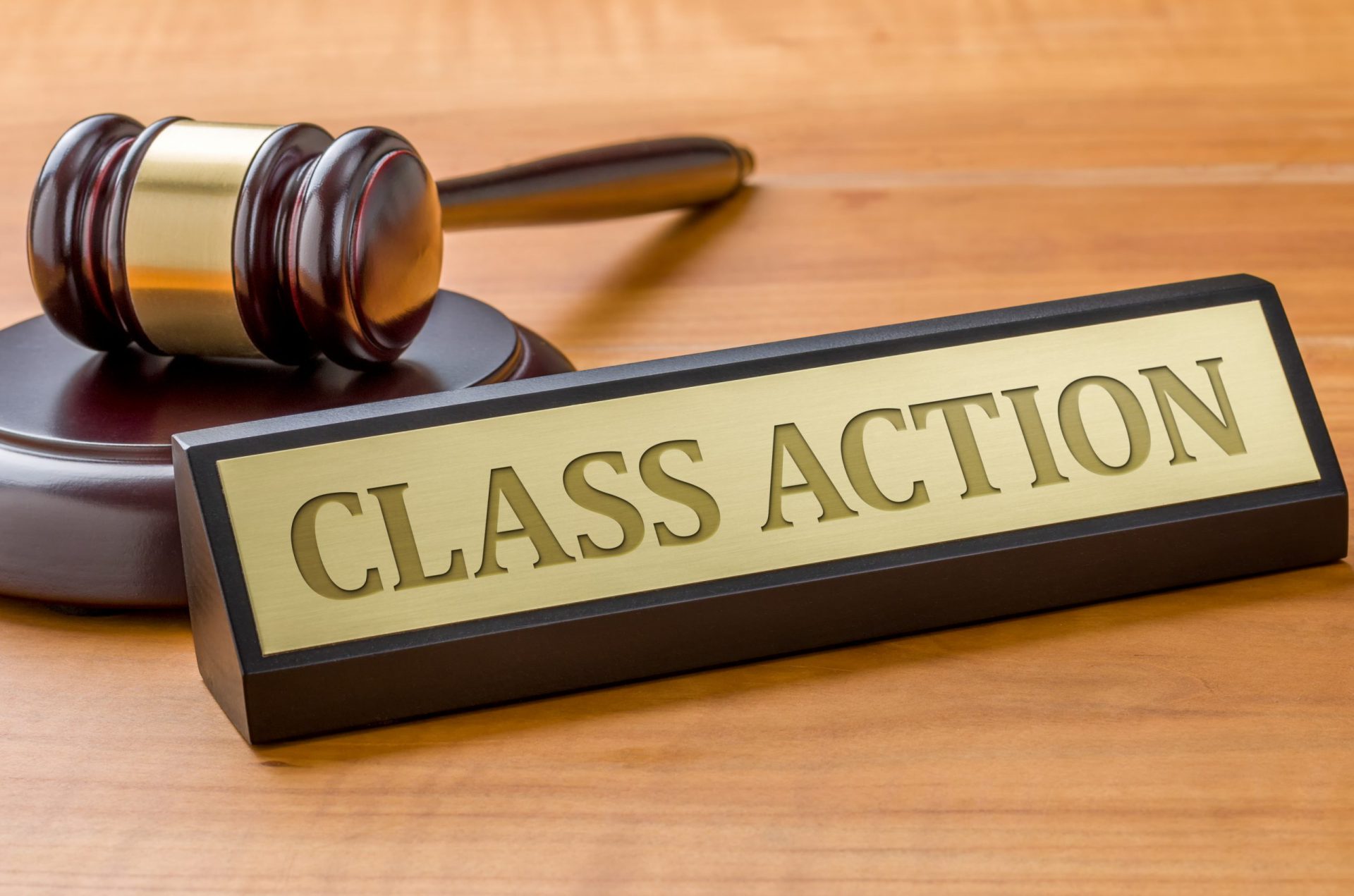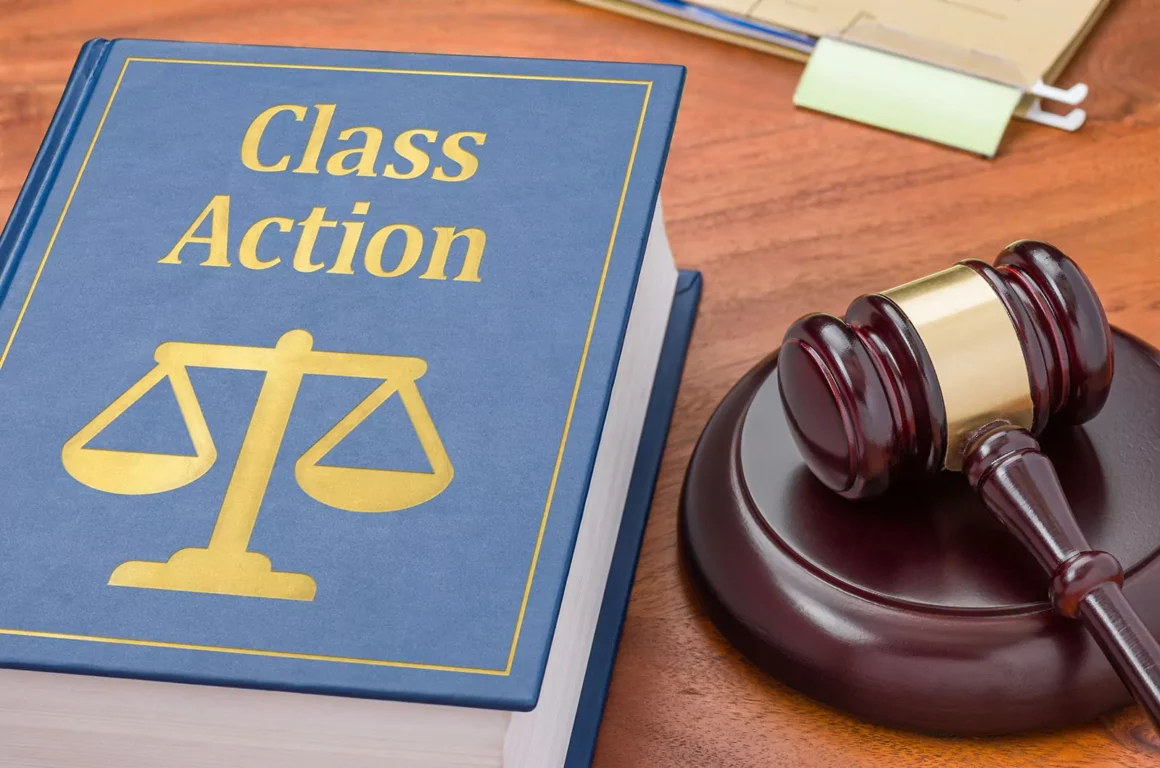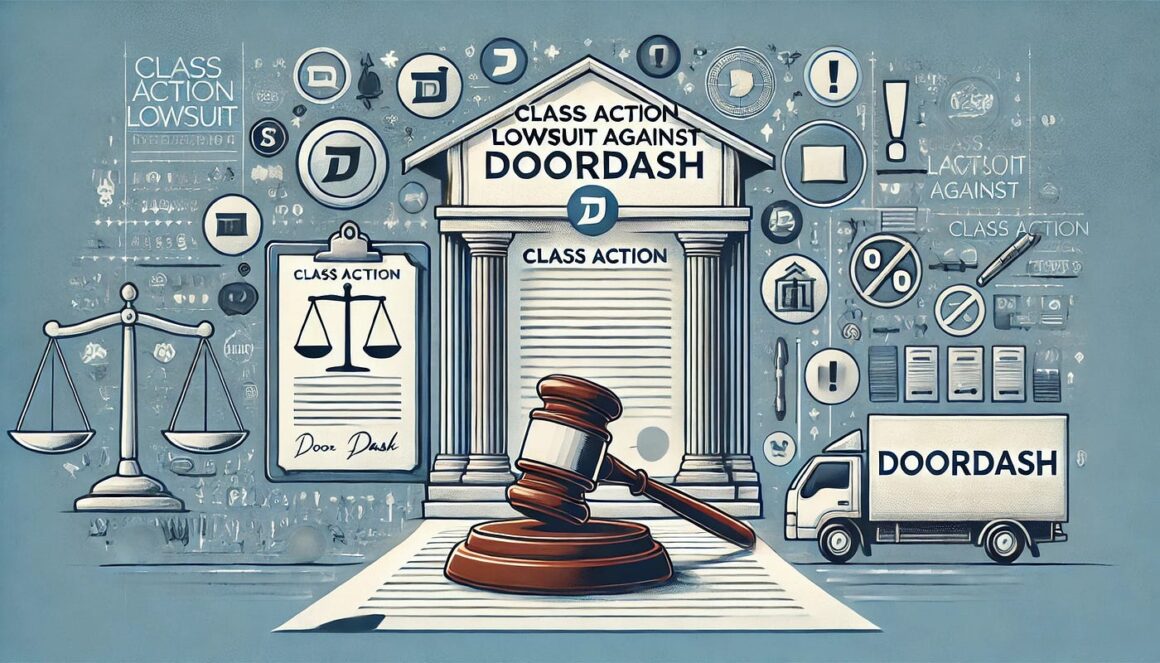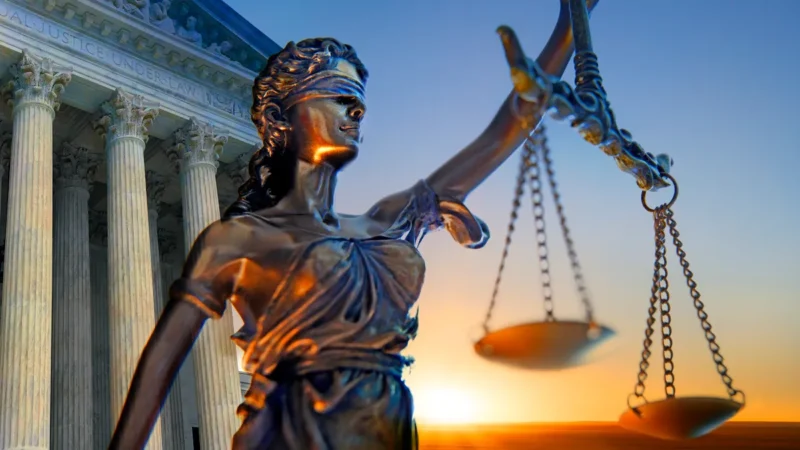Navigating the legal complexities of a class action lawsuit can be daunting, especially when trying to understand who is eligible to file such a claim. Class action lawsuits are a unique legal mechanism that allows multiple individuals with similar claims against a defendant to consolidate their cases into a single lawsuit.
Understanding the criteria for eligibility is essential in determining whether you qualify to participate in a class action lawsuit. In this article, we will explore the key factors that determine eligibility for filing a class action lawsuit and provide insight into how individuals can take action to seek justice for their claims.
1. Determining Qualifying Factors for a Class Action Lawsuit

Determining qualifying factors for a class action lawsuit can be a complex process that involves several key considerations. One of the main factors is whether there is a large enough group of individuals who have been harmed in a similar way by the defendants actions.
This is known as numerosity, and typically there needs to be a minimum number of plaintiffs for a case to qualify as a class action. Additionally, commonality is another important factor, which requires that there are common questions of law or fact that are shared among all members of the class.
Adequacy of representation is also crucial, as the lead plaintiff and their legal team must be able to effectively represent the interests of the entire class. Lastly, typicality focuses on whether the lead plaintiffs claims are typical of the class as a whole.
These factors, along with others, are essential in determining whether a class action lawsuit is appropriate in a given situation.
2. Meeting the Legal Criteria for Class Action Participation

Meeting the legal criteria for class action participation can be a complex and detailed process that requires a thorough understanding of the specific requirements set forth by the court. In order to qualify as a class member, individuals must meet certain criteria such as having similar claims or damages as the other members of the class.
Additionally, it is important to consider whether the number of potential class members is large enough to justify a class action lawsuit. Furthermore, individuals must also ensure that they have standing to bring a lawsuit on behalf of the class and that their claims are typical of those of the other class members.
By carefully navigating these legal hurdles and meeting the necessary criteria, individuals can increase their chances of successfully participating in a class action lawsuit.
3. Understanding Your Rights and Options as a Potential Class Member

As a potential class member, it is important to understand your rights and options when considering filing a class action lawsuit. By joining a class action lawsuit, you have the opportunity to seek justice and compensation as a group, rather than pursuing legal action individually.
It is vital to be aware of your rights and the potential benefits of participating in a class action lawsuit, including the ability to hold large corporations or entities accountable for any harm or wrongdoing. Additionally, understanding your options as a potential class member can help you make informed decisions about whether to join a lawsuit and how to best protect your interests moving forward.
Consulting with an experienced attorney can also provide valuable insight into the legal process and help you navigate the complexities of the case.
Conclusion
In conclusion, understanding the eligibility requirements for filing a class action lawsuit is crucial for individuals seeking to seek justice for wrongdoing on a collective basis. By meeting the necessary criteria, plaintiffs can band together to hold corporations and organizations accountable for their unlawful actions.
Consulting with experienced lawyers who specialize in class action lawsuits can help navigate the complexities of the legal process and increase the likelihood of a successful outcome. Ultimately, by recognizing and meeting the eligibility criteria, plaintiffs can work towards achieving justice and compensation for themselves and others affected by the same harmful practices.


